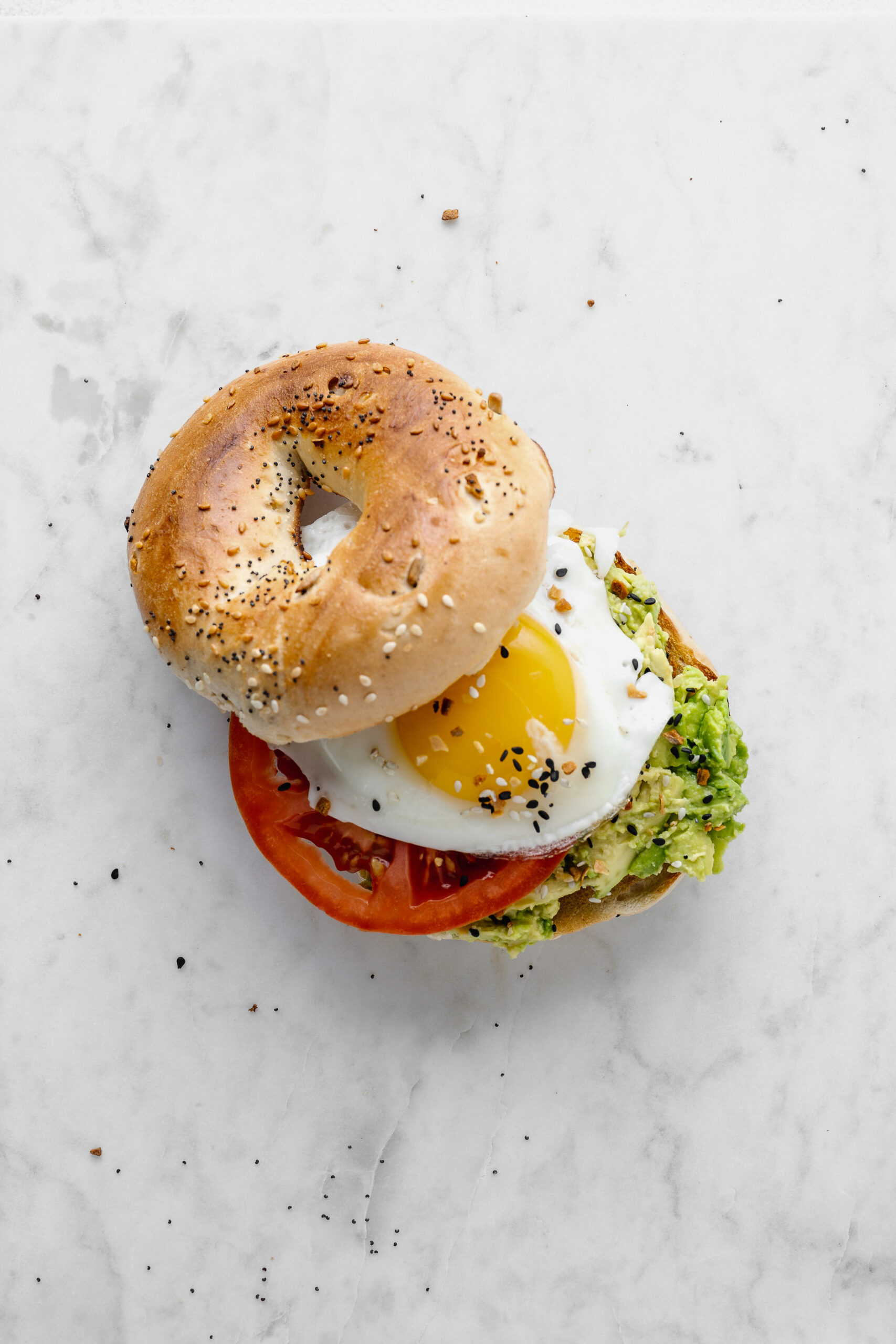7 Tips to Be Healthier Without Extremes


Living a healthy life doesn’t have to mean strict diets or rigid eating habits.
As someone with over a decade of experience in health coaching, I’ve come to realize that balance and moderation are key to sustainable health.
Here are some insights and tips to help you embrace a healthier lifestyle without resorting to extremes.
1. Make Your Own Food, Most of the Time

Cooking most of your food at home is one of the simplest yet most effective strategies for better health. I can’t stress this one enough!
When you make your own food, you control the nutrition and quality of ingredients, not to mention, the flavor of your food.
Cooking at home is the ultimate form of self-care and self-love.
This doesn’t mean you need to prepare every single meal from scratch, but try to make as much as possible. Cooking at home allows you to avoid the highly-processed, chemical-laden foods that are often found in convenience foods.
You can find over 350 healthy recipes in my recipe archive to get ideas, and sign up for my email list to get new inspiration and recipes every week!
Remember, it’s okay to rely on take-out sometimes, especially during hectic periods. The goal isn’t perfection; it’s about making better choices more often.
2. Stop Labeling Your Eating Habits
I’ve studied over 100 dietary theories and realized that what works for someone at one stage of life might not work for another.
Your body changes, and so should your approach to food.
Avoid trapping yourself in a diet label, whether it’s Paleo, vegetarian, or gluten-free. Instead, focus on real ingredients and listen to your body.
The healthiest communities in the world don’t label their eating habits; they concentrate on fresh ingredients, community, relationships, and staying active.
If you want more details about a healthy way to look at food without dieting, check out the Nova Food Classification guide here.
3. No Food Is Off-Limits

Instead of restricting certain food groups or labeling foods as good or bad, focus on incorporating a balance of nutrients in your meals, particularly protein and fiber.
For example, start your day with a meal that includes high-quality proteins and fibers like eggs, cottage cheese, beans, fruits, and vegetables.
This approach helps you avoid the deprivation mindset and makes you less likely to crave unhealthy options.
4. Do Prioritize Protein & Fiber, Especially for Breakfast

While you don’t need a strict diet, it’s important to focus on protein and fiber in the first meal of your day.
Protein is essential at all meals, but make extra sure you do it in the first meal of the day.
Eggs, cottage cheese, high-quality meats, beans, or your favorite high-quality protein powder will all add protein to your breakfast. Fruits and veggies, nuts, seeds, and whole grains all will add fiber. Examples would be scrambled eggs with veggies, or cottage cheese with fruit, or overnight oats made with nut butter, protein powder, and whole berries. There are a lot of options!
A bagel or muffin or pastry does not have protein or fiber (or very little) and will leave you feeling hungry. It’s not that you can’t have those things, just make sure you have protein and fiber first.
5. Understand That Counting Calories Isn’t Always Effective
While being aware of what you eat is important, obsessively counting calories can be counterproductive in the long run.
It’s more about the quality of the calories than the quantity. Nutrient-dense foods that are rich in protein and fiber will keep you satisfied and energized, helping you to naturally regulate your calorie intake without the need for strict counting.
To learn more about this, I recommend watching my 30-minute Workshop called “Nourish to Flourish: High-Protein, High-Fiber Eating for Everyday Health.”


6. Embrace Variety and Flexibility
Your diet should be diverse and flexible. Eating a variety of foods ensures you get all the necessary nutrients. It also keeps meals interesting and enjoyable.
Flexibility is key; if you want a burger, make a healthier version at home. If you crave cookies, bake them yourself using quality ingredients. This way, you can satisfy your cravings without compromising your health.
7. Stay Active and Engage in Your Community


Health isn’t just about what you eat; it’s also about staying active and engaging with others.
Physical activity and social interactions play a crucial role in your overall well-being. Find activities you enjoy, whether it’s walking, dancing, cycling, or yoga, and try to incorporate them into your daily routine.
A healthy lifestyle is more attainable when you focus on balance and moderation rather than extremes.
By making most of your food at home, avoiding diet labels, and embracing variety and flexibility, you can enjoy a healthier, more fulfilling life without the stress and constraints of strict dieting. Remember, the journey to health is personal and should be enjoyable, not a chore.




![Festive Holiday Looks [On A Mid-Size 8/10] Festive Holiday Looks [On A Mid-Size 8/10]](https://livinginyellow.com/wp-content/uploads/2024/11/0Y6A2903.jpg)